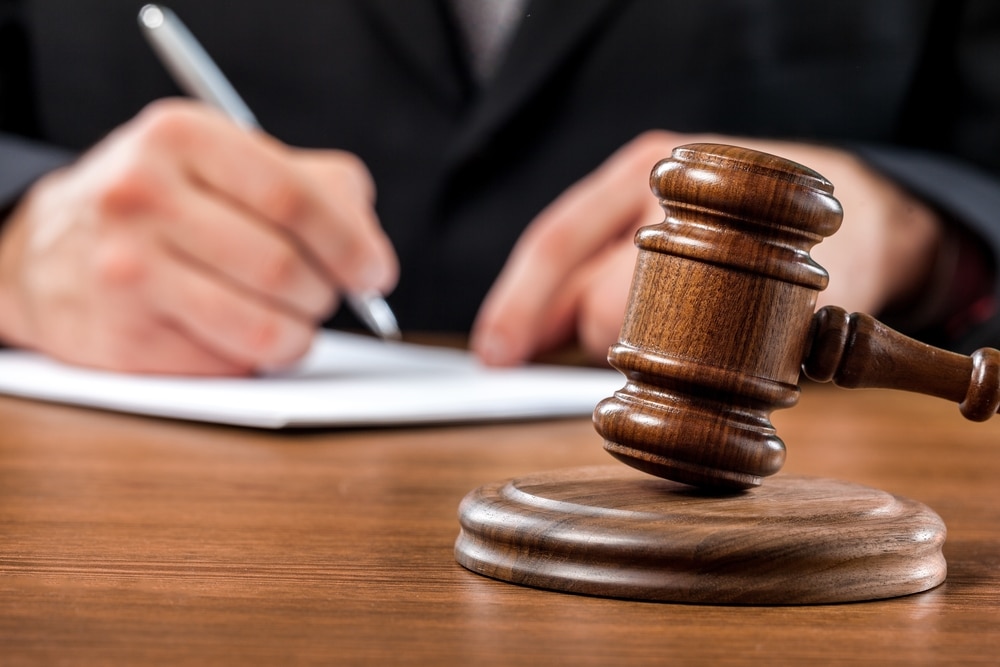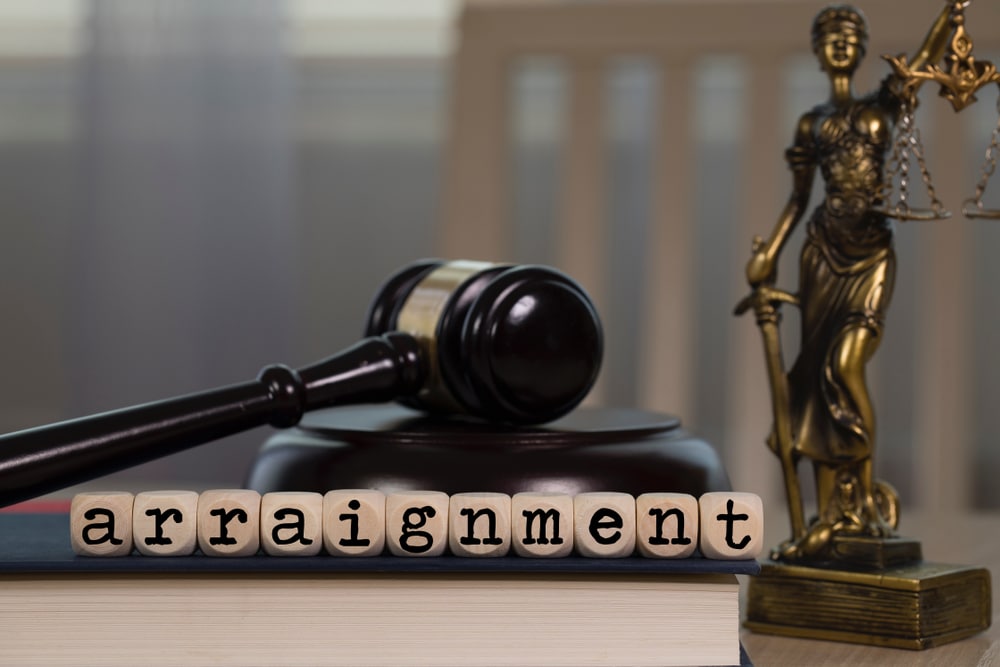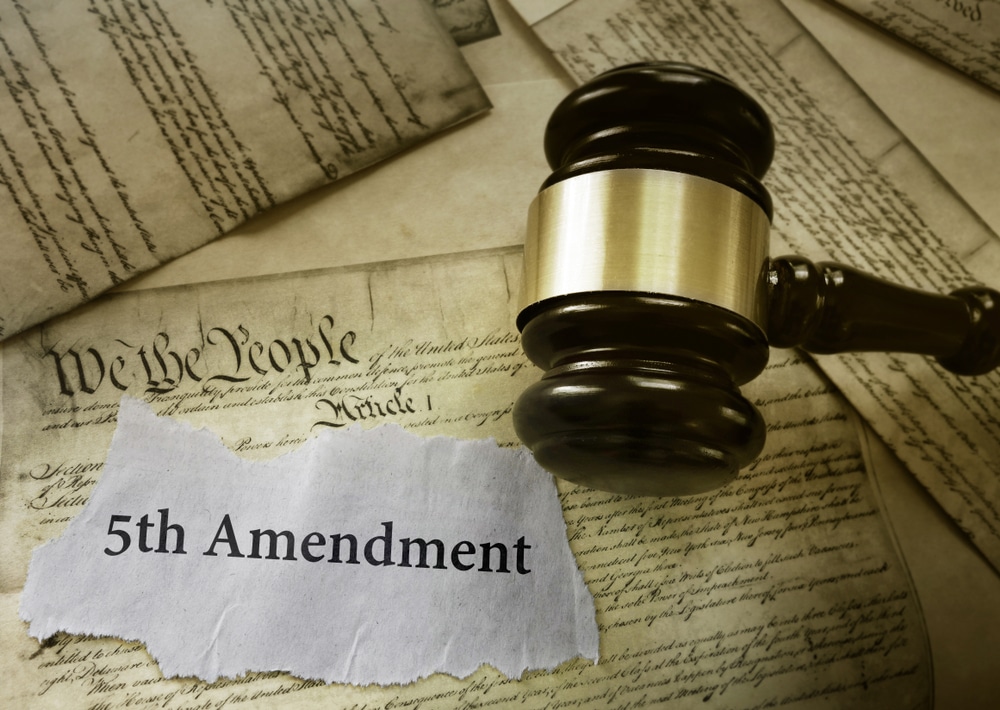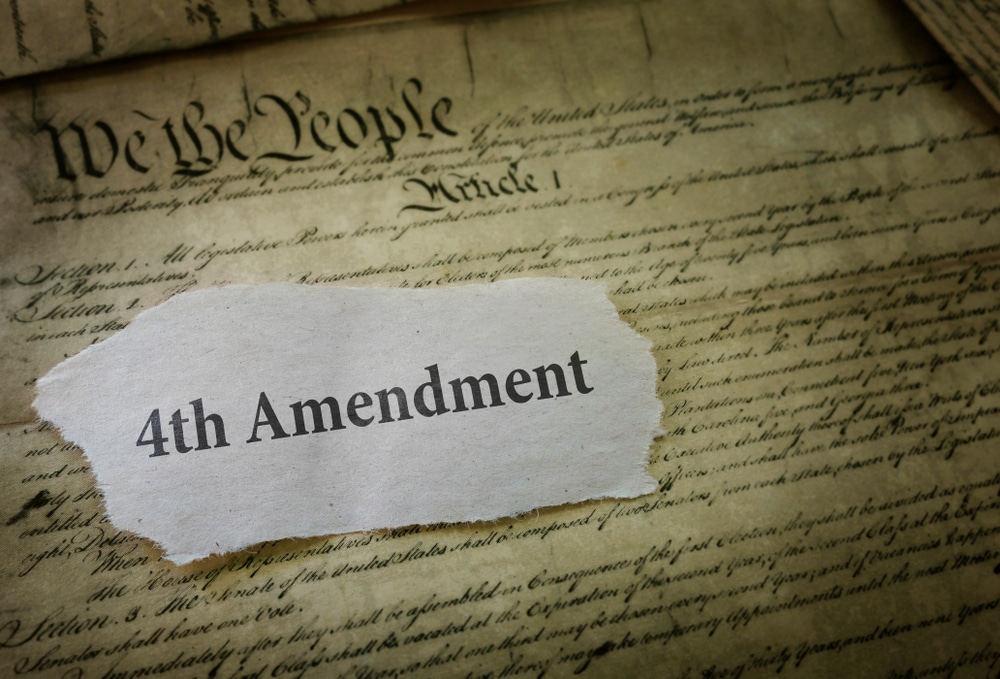Under the protections provided by the Due Process Clause of the United States Constitution, a defendant in a criminal case is presumed innocent until proven guilty. Importantly, the prosecution must meet a substantial burden of proof to obtain a conviction — they must establish that the defendant committed the crime for which they’ve been charged “beyond a reasonable doubt.” This is the highest burden of proof imposed by the law.
What Does Beyond a Reasonable Doubt Mean?
The legal standard “beyond a reasonable doubt” is not defined as an absolute doubt concerning the defendant’s innocence. Additionally, it doesn’t mean that a defendant is “probably guilty.” Rather, it means that the prosecution proved to the jury through the evidence and facts presented in the case that it is beyond a reasonable doubt the defendant is guilty. In other words, “beyond a reasonable doubt” refers to how convincing the People’s evidence must be to render a guilty verdict.
It is important to understand that the prosecution is not required to eliminate all doubt. Jurors can still have some doubt in their minds that the defendant might not have committed the crime to return a guilty verdict. But if the prosecution fails to satisfy the burden of proof, jurors must find that the defendant is not guilty.
The Burden of Proof for Affirmative Defenses
A defendant is not required to prove their innocence at a criminal trial. Instead, it is up to the prosecution to prove every individual element of the crime with which they’ve been charged beyond a reasonable doubt. However, if the defendant asserts an affirmative defense such as self-defense, mistaken identity, or insanity, the burden of proof shifts to them.
When arguing an affirmative defense, a defendant must meet the “preponderance of the evidence” burden of proof — a much lower standard. Subsequently, the burden of proof shifts back to the prosecution who must disprove the affirmative defense raised beyond a reasonable doubt.
Other Legal Standards of Proof in Criminal Cases
The burden of proof “beyond a reasonable doubt” is specifically used during the trial phase of a criminal proceeding. Since a defendant’s freedom and civil liberties are at stake, the highest legal standard is required at this stage for a very good reason. Other legal standards are applicable at various other stages of a criminal proceeding, including the following:
- Reasonable suspicion — This standard applies when determining the legality of the decisions made by law enforcement to conduct a search. The officer must be able to objectively justify their suspicion that the defendant was involved in criminal activity.
- Probable cause — Probable cause is a legal standard that requires more than reasonable suspicion that the defendant committed a crime in order for the police to arrest them. Law enforcement must have an objectively reasonable basis to make an arrest.
- Preponderance of the evidence — Although this burden of proof is most often applicable in civil cases, it is also used in criminal cases when a defendant asserts an affirmative defense. Generally, the preponderance of the evidence standard is satisfied when the defendant demonstrates their affirmative defense is more likely than not to be true.
Throughout the course of a criminal proceeding, both the People and the defendant may make various motions. Notably, before a case reaches the trial stage, the defendant may move to suppress certain evidence if the applicable legal standard has not been satisfied to use it against the defendant at trial.
Contact an Experienced Criminal Defense Attorney
If you’ve been accused of a crime, your life and liberty are at stake. Whether you’re facing a violation, misdemeanor, or felony, it’s essential to have qualified legal counsel by your side to protect your Constitutional rights and fight for your rights. The experienced criminal defense attorneys at D’Emilia Law provide aggressive advocacy for those charged with a variety of criminal offenses and strive to ensure the best possible results in every case. To schedule a consultation, contact us at 1-888-DEMILIA.











